Senate Resolution 25 was adopted March 11, 2019, by the Arkansas Senate. The resolution recognized the value of community schools in improving achievement and encouraging community and family engagement. Arkansas should adopt community schools just as neighboring states are doing for these reasons.
In 2018, Arkansas ranked 44th in the nation in child poverty. More than one in five children had families with incomes below the poverty line. This level of poverty is not evenly distributed across the state. Parts of the state have closer to five in five living in poverty.
Schools in high-poverty areas perform poorly. This is true in rural and urban areas of the country. In Arkansas for the 2016-17 school year, there were 205 schools with an 80 percent free and reduced lunch rate or higher. Of these schools, 18 (8.8 percent) received a letter grade of an A or B. Thirty schools with free and reduced lunch data had Fs. Only five of the “F” schools had a poverty level below 80 percent and only one was below 70 percent.
Research shows that poverty affects student learning. Several research studies report that stress and traumatic life associated with poverty result in changes within the brain. The differences can only be offset with targeted efforts to increase quality childhood experiences.
There are always exceptions in outcomes for high-poverty schools. Researchers write about the “silver bullets” that save the day at exemplar schools. In too many of these studies, researchers will describe a high poverty school as having over 60 percent poverty or some other level that pales in comparison to many of our Arkansas districts.
Studies have shown that if you put a low-income student in a school with a low rate of poverty, they will perform better than their peers in high poverty districts. Concentrated poverty makes it difficult to overcome the trajectory of current outcomes. Bringing change to schools with high rates of poverty is like turning the Titanic. Incremental change is the greatest inequity that our most challenged districts face.
Numerous academic solutions have been applied over the years and millions spent in failing Arkansas schools. Limited successes from state takeovers and highly paid education experts have been short-lived. Despite the establishment of exemplary practices in the schools, poor academic performance persists. The thing all these districts have in common is highly concentrated, unrelenting poverty. Schools are ill-equipped to support large rates of students dealing with homelessness or a host of other poverty-related challenges regardless of which latest and greatest pedagogies are in place.
Yes, leadership training, experienced high-quality teachers, better curriculum coordination, and instructional pedagogy can bring gains. But school improvement strategies alone, put in place without addressing poverty, won’t succeed. In addition to well-meaning and much-needed education practice improvements, we must address the underlying cause of poor achievement in high-poverty areas of the state. Arkansas needs a comprehensive, integrated set of student supports to turn the tide. These supports will empower the effectiveness of the instructional improvements being established.
Community school design addresses student needs and engages families and community. Community schools serve as a hub connecting people for school activities and community events, providing a forum to connect families and students to needed services. A community school provides a traditional curriculum alongside a broad range of student and family supports through community partnerships. Examples of these services include health care, food, and nutrition supports, early childhood services, out-of-school opportunities, and programming for parents and families that may range from job training programs to computer literacy or cooking classes. In addition to supports for students, community schools work alongside families and the community to identify and meet local needs. This level of collaborative effort is exactly what the Arkansas Department of Education’s new framework for family and community engagement is designed to accomplish.
Arkansas’s neighboring states are actively moving to implement community school design or expand it. Nearby states with community schools include Texas, Oklahoma, Kansas, Kentucky, and Tennessee. Arkansas has some school districts that are operating in a manner very close to community school design. Southside (Van Buren County) has a large arsenal of student supports adopted when they along with a cohort of other Arkansas schools participated in the Schools of the 21st Century Initiative of Yale University. Springdale is hiring school-based social workers to support students and families. But community school design hasn’t taken root in districts with the highest rates of poverty.
Research on the effectiveness of community schools was cited by the U.S. Department of Education in last year’s release of federal funding for the schools. Community schools are an effective practice to improve student outcomes, promote opportunity, and increase equity. The hard work of the state and districts to improve instructional practice needs fertile ground to be successful. Arkansas should implement community schools to meet the needs of low-income students and improve academic outcomes.
You can train teachers and hire more new leaders. But if you don’t support students, change won’t come. Arkansas needs community schools. Thank you, Arkansas Senators, particularly sponsors Senators Elliott and Hendren, for recognizing the value of community schools.

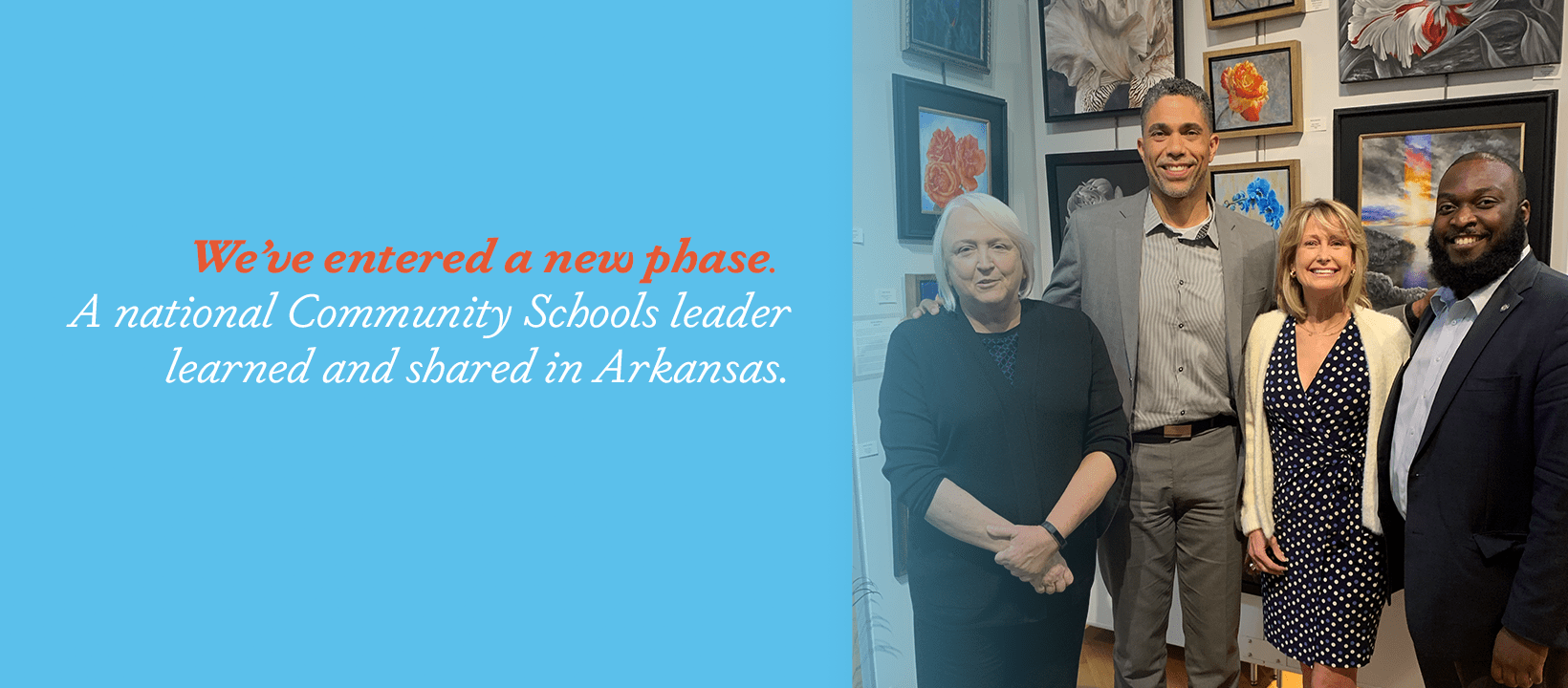
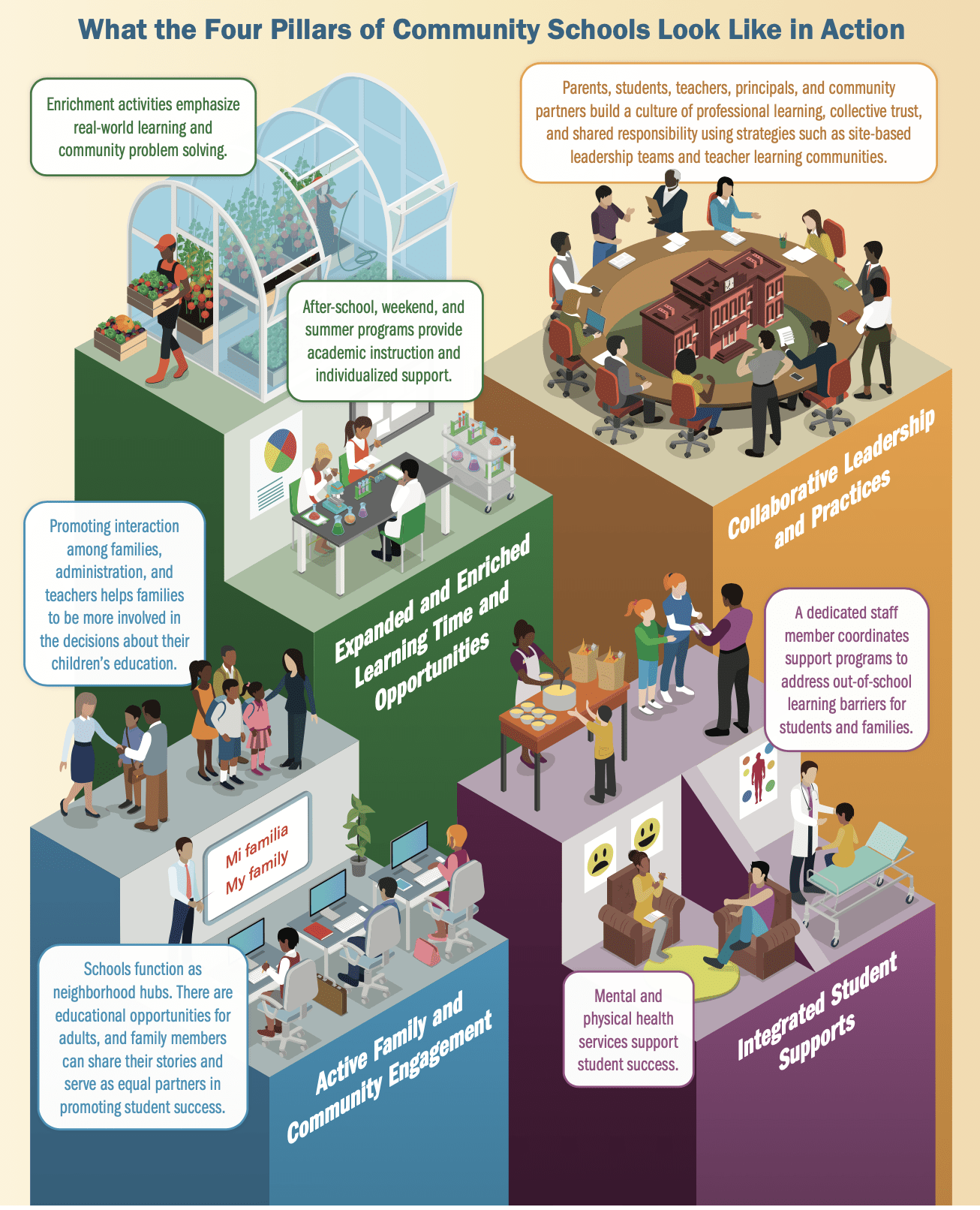
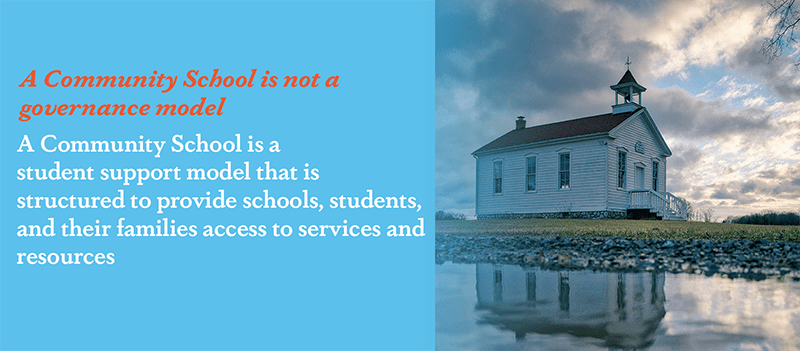






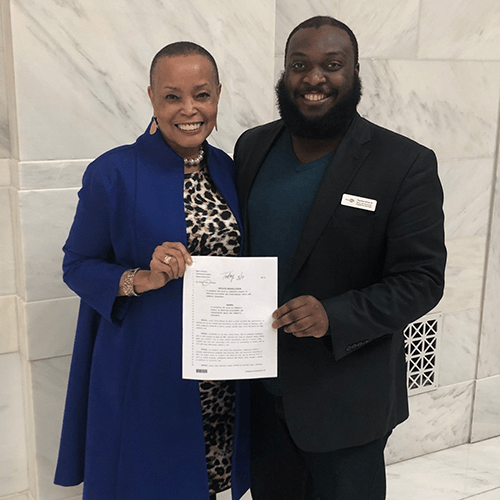



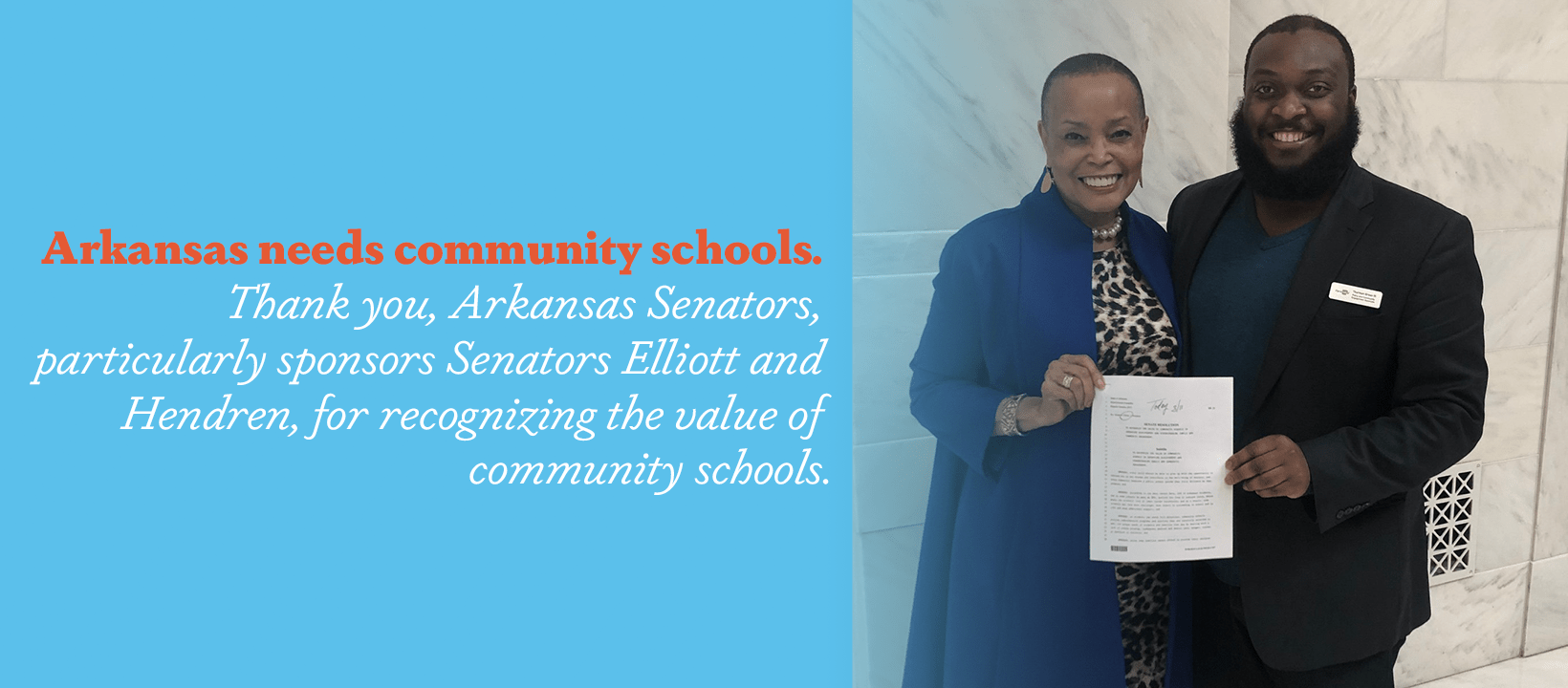
Recent Comments